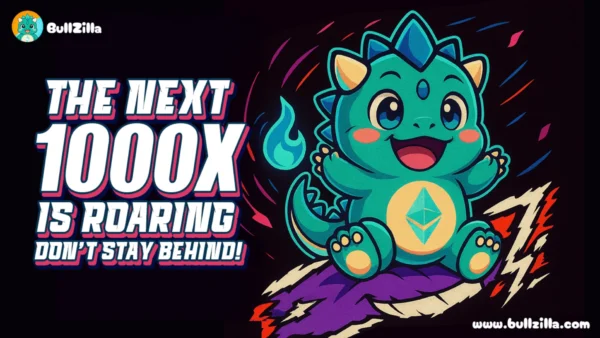
- Chinese stocks crashed as the trade conflict with the US escalated, and investor panic spread across markets.
- The Hang Seng had its worst day since 1997, when the yuan weakened, raising fears of a potential currency war.
Chinese shares dropped sharply, which raised concerns among investors due to the increasing trade tension between China and the United States of America. Hong Kong’s Hang Seng Index fell by the largest amount since the 1997 Asian financial collapse.
Further declines saw the gauge of Chinese stocks listed in Hong Kong decrease by 13.8%, making it into a bear market. Onshore, the CSI 300 Index tumbled 7.1 %, while U.S.-listed Chinese firms in the Nasdaq’s Golden Dragon Index shed 6.6 %.
Alibaba Group Holding Ltd. is down by more than 9% in the U.S. trading session. Even with the support from China’s “National Team,” which bought six equity-tracking ETFs, including CSI 300, the relief rally could not sustain itself. According to Eric Balchunas, Bloomberg’s analyst, state-led buying increased only by 2%, which hardly contributed to instilling investors’ confidence.
Trading volume soared in response. Trading volume reached a five-year high of HK$621 billion ($80 billion) as sentiment turned to panic, stock sales due to margin calls, and a general liquidity squeeze.
Economic Shock Risks Fuel Currency Speculation
Beijing’s response to Washington’s sweeping tariffs has investors bracing for further economic strain. As the tensions on a full-blown currency war escalated, the People’s Bank of China set the yuan’s daily midpoint reference rate at its lowest since December.
Analysts are gradually factoring in the possibility of a deliberate use of currency devaluation as a means of policymaking. Analysts at Wells Fargo even predicted a decline of 15% of yuan in the next two months, and Jefferies saw a possible 30%.
The decline of the yuan dollar might also soften the effects of tariffs by enhancing export competitiveness. However, such a move will heighten capital flight and undermine confidence among foreign investors.
Trade war escalation spurs global recession fears
China’s recent tariff retaliated by increasing tariffs to 34% on all products that originate from the United States, thus escalating the trade war. The People’s Daily noted that China had adequate responses to counter the tariff aggression and was ready to take on “US tariff bullying.”
This commentary noted that such conflicts had been managed after years of feeling the heat from Washington.
US President Donald Trump dismissed the market crash when he addressed the media on board the Air Force One. He declined to forecast performance by saying, “What’s going to happen with the market? I can’t tell you,” while insisting his trade approach is the best way to make the country a future superpower.
Trump reaffirmed that there would be no more deal with China until the country had solved the trade deficit issue in America. The president also said that the EU and Japan could also face further trade measures unless a deal to conclude the trade imbalance was reached.
Europe wasn’t spared. The UK’s FTSE 100 index dropped by almost 5%, which was one of the biggest losses in the last five years. Similarly to Germany, French exchanges also declined. US markets were closed on Friday, with the three main stock indices down by over 5%, including the S&P 500, down by 6%, which constituted the worst week of 2020.









